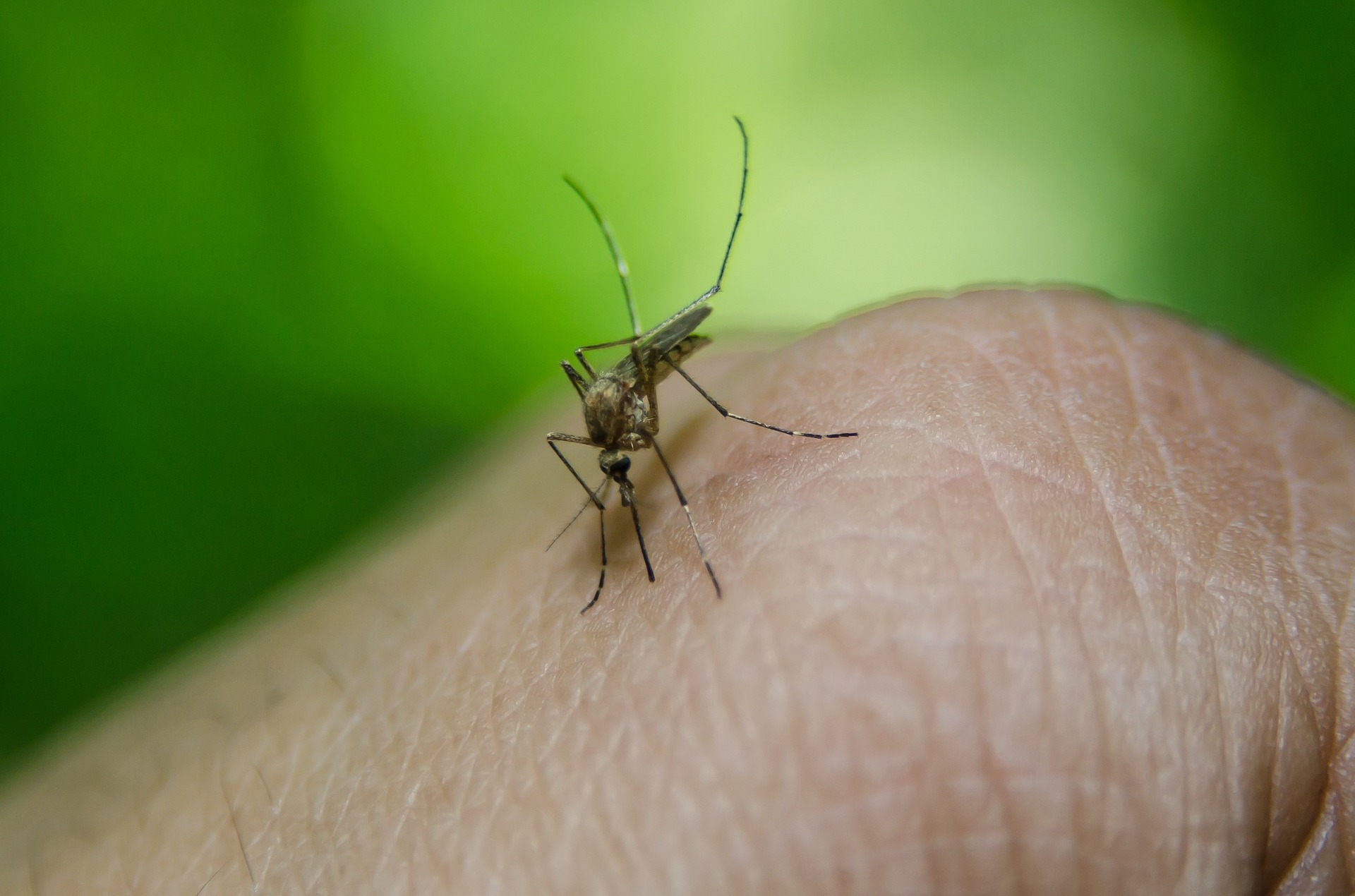The US Food and Drug Administration approved an oral tablet, Isturisa, for adults with Cushing’s disease, on Friday. This drug is targeted at individuals that cannot undergo pituitary gland surgery or have undergone the surgery but are still affected by the disease.
Isturisa is the first FDA-approved drug that directly addresses the cortisol over-production characteristic of Cushing’s disease by blocking the enzyme, 11-beta-hydroxylase, and preventing cortisol synthesis. Cushing’s disease is a rare disease where the pituitary gland releases too much adrenocorticotropic hormone (ACTH). It is caused by a tumor or excess growth of the pituitary gland.
When the pituitary gland releases too much ACTH it stimulates the production and release of cortisol, which is a stress hormone. Cortisol is normally released in the body during stressful situations but its functions also include controlling the body’s use of carbohydrates, fats and proteins, reducing immune system inflammation and regulating blood pressure.
“The FDA supports the development of safe and effective treatments for rare diseases, and this new therapy can help people with Cushing’s disease, a rare condition where excessive cortisol production puts them at risk for other medical issues,” said Dr. Mary Thanh Hai, acting director of the Office of Drug Evaluation II in the FDA’s Center for Drug Evaluation and Research. “By helping patients achieve normal cortisol levels, this medication is an important treatment option for adults with Cushing’s disease.”
Cushing disease is most common in adults between the ages of 30 to 50 and affects three times as many women as men. It can cause health issues such as obesity, type 2 diabetes, blood clots and more.
Isturisa was evaluated in a study of 137 adult patients with a mean age of 41 years. In the 24 week, open-arm, open-label period, patients received a starting dose of 2 mg of Isturisa twice a day that could be increased every two weeks up to 30 mg twice a day. At the end of the trial about half the patients had cortisol levels within normal levels. After this, 71 patients who did not need further dose increases and tolerated the drug for 12 weeks entered a withdrawal period for eight weeks. At this point, they either received Isturisa or a placebo.
The results showed that at the end of this withdrawal period, 86 percent of patients receiving Isturisa maintained cortisol levels within normal limits compared to 30 percent of patients taking the placebo.
The most common side effects in the clinical trial were adrenal insufficiency, headache, vomiting, nausea, fatigue and edema. Further side effects that may occur in people receiving this drug include, hypocortisolism, QTc prolongation and elevations in adrenal hormone precursors.
The way the drug is administered is orally twice a day, one in the morning and the other in the evening. After the start of the treatment a revaluation may be conducted to alter the dosage, depending on the patient’s response.












Join or login to leave a comment
JOIN LOGIN